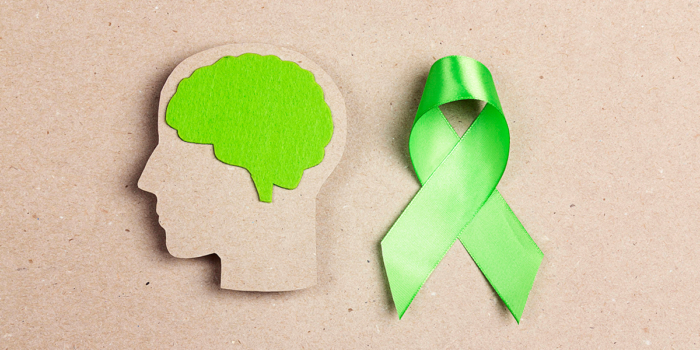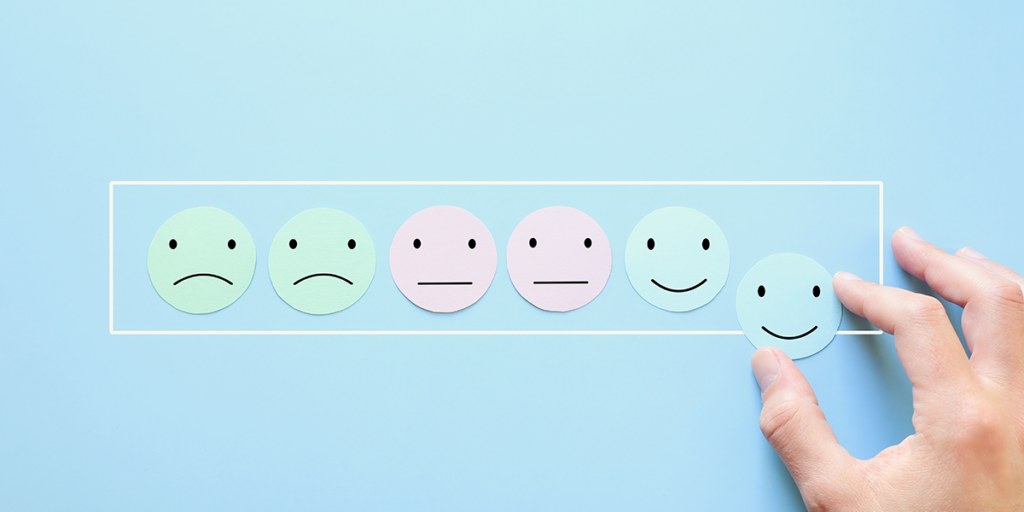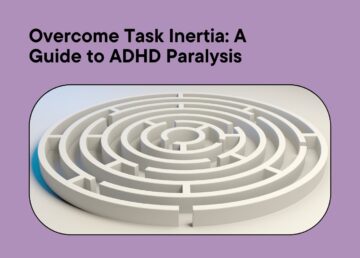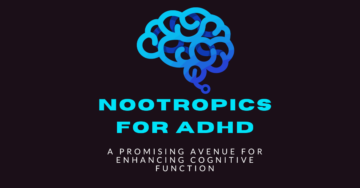Mental Health Awareness Month: 5 Signs Your Mental Health Might Be Declining

While many myths about mental health have been debunked already, many people still overlook the signs of poor emotional wellness.
That happens more often than not, but not necessarily because of stigma. Instead, it’s common to mistake declining mental health for physical illness, stress, or simply “a bad day.”
This May, also recognized as Mental Health Awareness Month, it’s essential to look beyond our physical health and nurture emotional health, calmness, and mindfulness.
While it’s pretty straightforward with physical health – a hurting ear or arm indicates a problem with an ear or an arm, respectively. Mental health, however, is trickier – symptoms can vary from person to person, and external factors can influence moods and emotional well-being.
But our bodies always try to tell us when to care for our minds. Several clues can signify your mental health is plummeting and needs care now.
Here are 5 signs it’s more than just stress.
#1 Persistent Feelings of Sadness
We all want to be happy and content, but bad days happen to all of us. Lifestyle changes, stress, and relationships with others can massively affect how we feel, but usually only temporarily.
After the initial emotions wear off, we can quickly return to feeling alright.
However, suppose you’re experiencing sadness, hopelessness, and inner emptiness for a prolonged period and lack interest in activities you once enjoyed. In that case, it signifies that your mental health is suffering.
Untreated depression, burnout, procrastination, and other mental health issues could be the culprit.
#2 Withdrawal From Socialization
Whether you’re introverted, extroverted, or ambiverted, we all require socialization with others – it brings us pleasure and a feeling of connectedness.
Avoiding contact with your peers, indulging in self-isolation, and canceling plans because you don’t want to be around people can indicate that you are struggling.
People often avoid contact with others when coping with difficulties in life because they don’t want to “burden” their loved ones.
If you notice yourself withdrawing from social connections, it’s time to rethink if your mental health is cared for enough.
Moreover, staying in touch with your friends and family can help you overcome hardships and feel more positive about life.
#3 Changes in Appetite and Sleep
A decline in mental health can also manifest beyond emotions and feelings. Usually, it affects appetite and sleep.
Fatigue, lack of energy, and changes in sleeping habits (e.g., insomnia or oversleeping) can indicate a plummet in mental health.
Proper sleep is necessary for good physical and mental health. Therefore, noticing problems with sleep can signify mental strain, stress, or anxiety.
Changes in appetite, rapid and significant weight gain or loss could also be signs of mental health issues.
#4 Physical Symptoms
At times, untreated mental health issues can cause physical symptoms, such as stomachaches, headaches, chronic pain, or unexplained physical discomfort.
If no other factors can explain sudden pains, they could indicate poor mental health. Usually, chronic pains go hand-in-hand with exhaustion and poor sleep quality.
However, if physical symptoms persist, consulting with a physician is vital.
#5 Irritability and Mood Swings
Mood swings can have a plethora of explanations. Certain medications, hormonal changes, such as during pregnancy, or substance abuse, can affect your mood.

However, frequent mood swings, irritability, and unreasonable anger can indicate that your mind needs a break. Poor mental health, certain conditions, and stressors can decrease your ability to regulate your mood, leading to mood swings.
Mood swings happen to healthy people, for example, during certain phases of the menstrual cycle, but they should not be severe and affect the quality of your life.
If irritability, anger, and constant mood swings are becoming a problem, take it as a sign to consult a medical professional.
Taking Mental Health Seriously
Recognizing the signs of declining mental health is crucial for our overall well-being – physical and mental. We can identify potential red flags and take proactive steps to seek help and support by paying attention to our thoughts, emotions, and behaviors.
It’s good to remember that mental health is a spectrum, and it’s normal to experience ups and downs. However, when these changes become persistent, interfere with daily functioning, or cause distress, it’s essential to reach out to a specialist, try support from tools like Sensa, or join group therapy.
Prioritizing self-care, maintaining healthy relationships, and seeking professional guidance can empower us to navigate the challenges of declining mental health and embark on a journey toward healing and well-being.
Your mental health matters, so listen to yourself, be compassionate, and seek the support you deserve.





